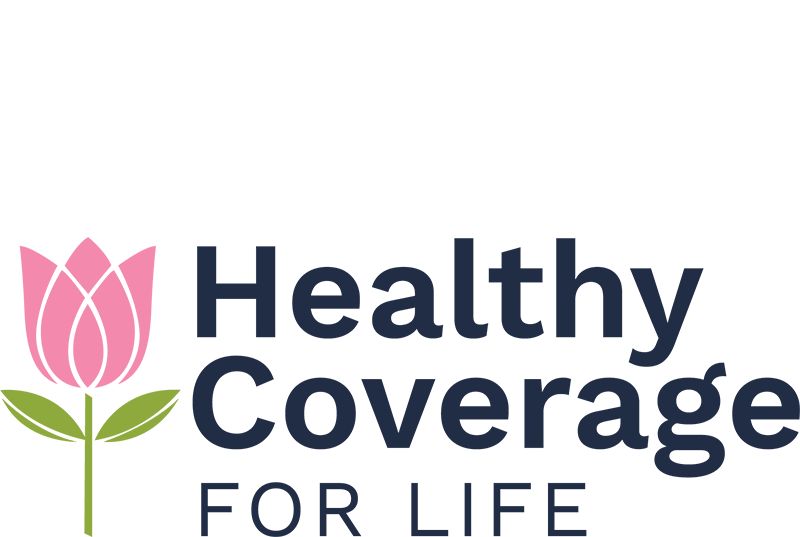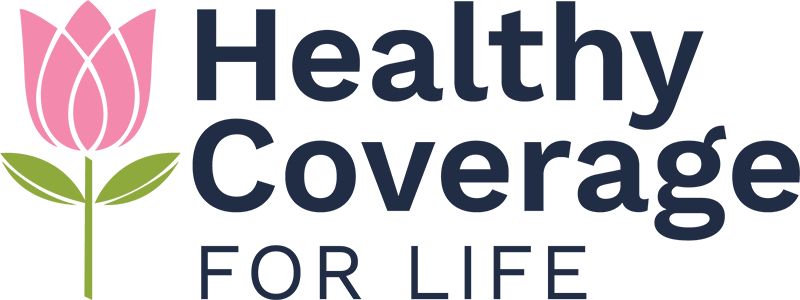October is National Estate Planning Awareness Month! Here’s how the right plan can help you protect your family.
Estate planning is only for the extremely wealthy. I don’t have enough assets to need a will. My family will figure it out. Things will sort themselves out. I’m way too young to start thinking about a legacy plan. Making an estate plan is just too expensive right now. These are just some of the most commonly believed myths about estate planning we hear directly from our clients. But the fact is, they’re just that: myths. They hold little weight and don’t account for the true value of estate planning, which goes beyond asset total, age and what’s going to happen to your possessions after you pass.
An estate plan is about so much more than money. It’s about retaining your autonomy and continuing to have a positive influence on your family, your business and the world. You also might be surprised to discover just how easy and affordable it can be to develop an efficient and effective estate plan. Here are just a few ways a legacy plan can provide more than just financial protection.
- Peace of Mind for Your Family
It can be extremely difficult to lose not just a provider but a valued, trusted and loved head of a household. An estate plan can give your loved ones a bit of peace of mind when you pass, no matter how much money or which assets you plan on transitioning to them. Your estate plan can save them from being thrust into the emotional turmoil that can come with facing costly and time-consuming probate courts and distributing what remains of any assets themselves. It can also prevent potential inter-family battles over property, money and possessions. While it’s not uncommon to find that heirs would rather receive items with sentimental value than monetary value, disputes can happen within even the most normally-agreeable family members during this stressful time. An estate plan can give final directives that outweigh any arguments between beneficiaries.
- Protection for an Uncertain Future
It’s important to remember that no one can predict the future, and while we can weigh options and place ourselves in advantageous positions or mitigate the potential of risk, there’s always at least a semblance of uncertainty. An estate plan can protect against the worst-case scenario, especially for those who are newly married, just starting their careers or in the beginning stages of building a family. Of course, it can be difficult to have the conversation about what will happen if a provider unexpectedly passes, but it might be worth it to know that you won’t be caught off guard. It can also be helpful during periods of uncertainty in tax legislation and regulation. One of the most common uses of an estate plan is to mitigate tax obligation, and it may offer strategies that can help more of your hard-earned wealth land in the hands of those who are important to you.
- Security for Your Dependents [1,2]
Though the last will and testament is the most well-known document in an estate plan, your plan should also include medical powers of attorney, guardianship, durable powers of attorney (related to financial decisions), and potentially a trust or trusts depending on your situation. These features of an estate plan offer different protections and levels of security for your dependents in a variety of ways. A revocable living trust, for example, is a trust that allows assets to be added or removed at any time while you are still living. Often included in an estate plan, it can give the trust owner full control over their assets, potentially making it easier to manage and update. A trust can continue to distribute assets to heirs based on a time schedule created by the original trust owner, as it also includes a successor trustee who would manage the assets after the owner passes or if the owner were unable to make decisions on their own behalf. Another popular type of trust that can potentially act as a tax mitigation strategy is an irrevocable life insurance trust, or an ILIT, which is a trust that holds life insurance policies. Though the policyholder would no longer be able to leverage the policy for living benefits, it can pay out a tax-free death benefit by excluding the policy from the grantor’s estate, saving beneficiaries from the stress that could come with being forced to sell major assets to cover estate taxes.
- Direction for Your Business
An estate plan isn’t just for your family. It can also offer directives for your business should something happen to you by appointing a financial power of attorney, which can be important even if you haven’t passed. Maybe your health has rendered you unable to make financial decisions on behalf of your business. In that case, the person with financial power of attorney can make those choices. This gives you even more say when it comes to your business, as you can appoint someone who follows your thought process and philosophy. An estate plan can also include a plan for succession, dictating who will be entrusted with your business when you pass or exit. Furthermore, your business might be your legacy, so being able to choose who takes over in the CEO chair can give you the power to hand the keys to someone who you know will keep your business moving in the direction you always envisioned.
- Commitment to the Causes You Care About
While a key objective of an estate plan can be helping your family navigate a tumultuous period, it’s also possible to help the organizations and foundations you believe in with a significant financial contribution. You can make the decision to contribute to different charities or support causes you’re passionate about like education, the environment, social initiatives or animals. Again, this allows you to have even more decision-making power over your own estate while also amplifying your voice in the fight to make a difference, even when you can no longer lend your valuable time. For some, this is the greatest legacy of all, opening the door for change on any scale. At the same time, it’s possible that charitable contributions can trim your tax obligation and help your family avoid estate taxes on major transitions of wealth, which again, alleviates some of the pain that comes with losing a loved one.
If you have any questions about estate planning and how you can plan to protect your family or business, we can help! Give us a call today to explore your options. You can reach Healthy Coverage for Life, (678) 622-6684, to explore your options and plan for the retirement of your dreams!
Sources:
- https://www.metlife.com/stories/legal/revocable-vs-irrevocable-trust/
- https://www.northwesternmutual.com/life-and-money/what-is-an-irrevocable-life-insurance-trust/
This article is not to be construed as financial advice. It is provided for informational purposes only and it should not be relied upon. It is recommended that you check with your financial advisor, tax professional and legal professionals when making any investment decisions, or any changes to your retirement or estate plans. Your investments, insurance and savings vehicles should match your risk tolerance and be suitable as well as what’s best for your personal financial situation.






